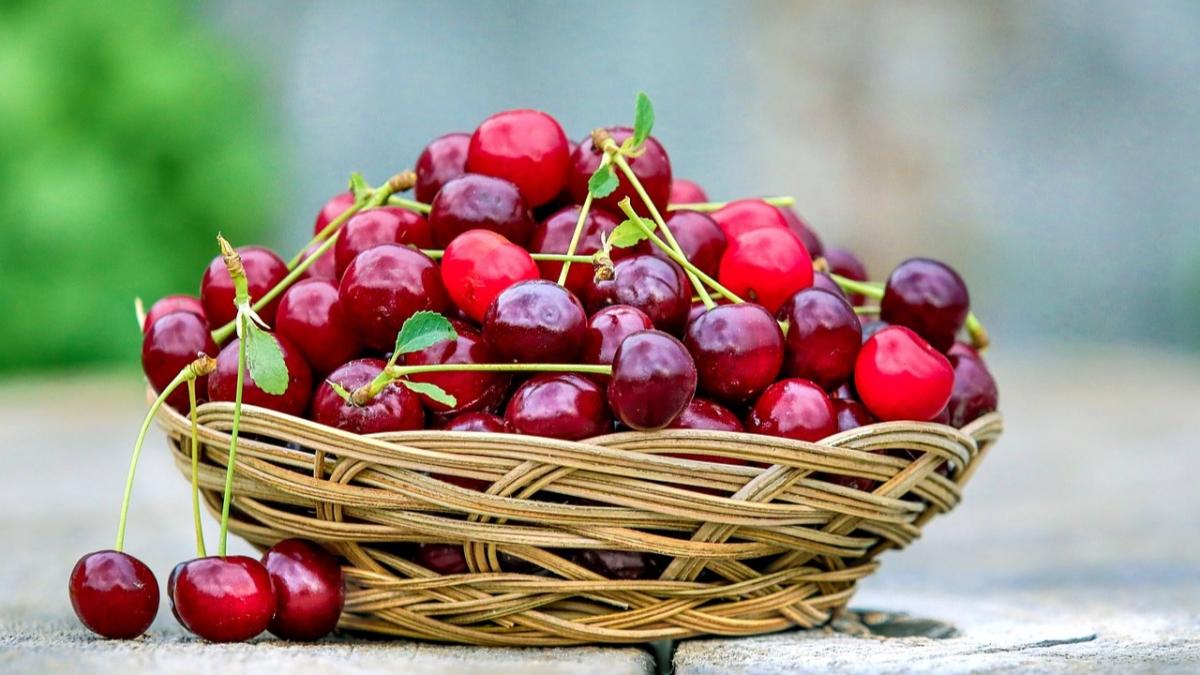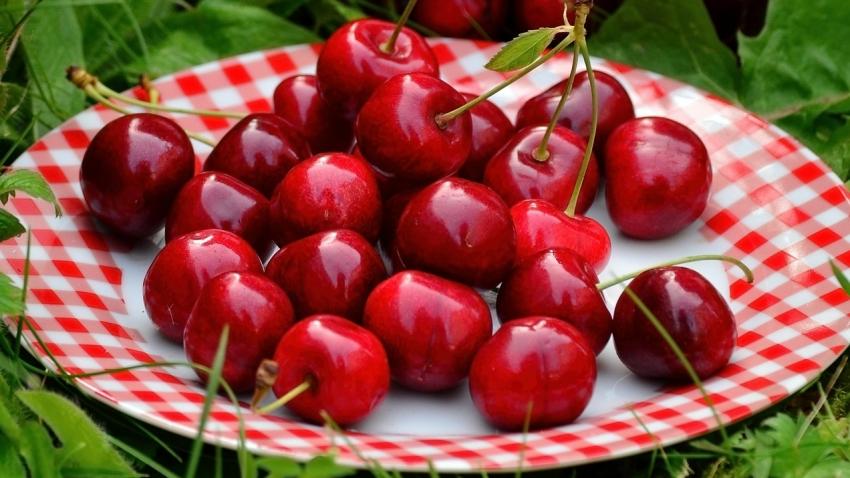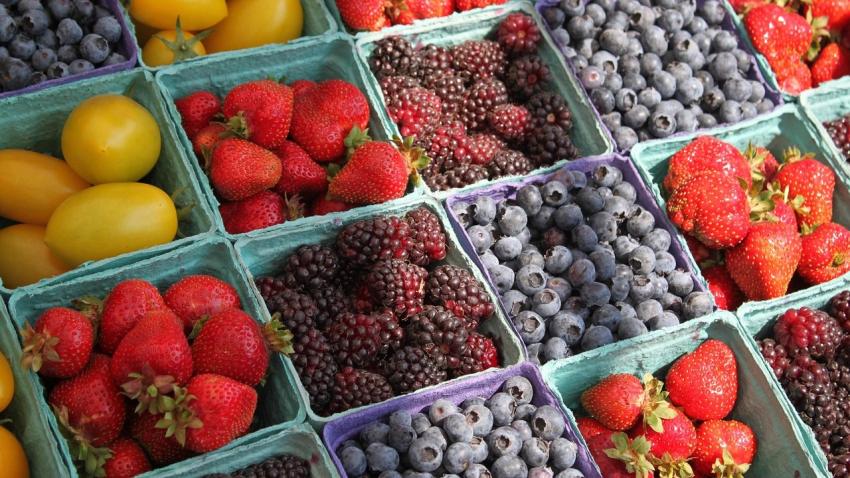You are here
Back to topFresh Hungarian Cherries Granted China Market Access

From May 8 to 10, Chinese President Xi Jinping paid a state visit to Hungary, during which the two countries signed a number of new cooperation agreements to deepen their economic and cultural ties. On May 9, meanwhile, the General Administration of Customs of China announced via its website that fresh Hungarian cherries meeting the stipulated phytosanitary requirements would be permitted for import into China. This makes cherries the first fresh fruit item from Hungary to gain access to the Chinese market.
Hungary is a significant cherry producer in Europe, focusing primarily on sour cherries. Its annual production of sweet cherries is approximately 10,000 metric tons, peaking at 12,000 metric tons in 2018. At present, Hungary is in the midst of its cherry season, with cherries grown in greenhouses typically ripening in early May, while those cultivated in open fields are usually harvested from early June to early July. Hungarian cherries are predominantly exported to neighboring countries, including Austria, Slovakia, Poland, the Czech Republic, Slovenia and Germany.
According to the GACC announcement, China has identified a total of 15 quarantine pests of concern. These include the large fruit-tree tortrix (Archips podana), rose tortrix (Archips rosana), cherry-bark tortrix (Enarmonia formosana), European pear scale (Epidiaspis leperii), almond fruit wasp (Eurytoma amygdali), marbled orchard tortrix (Hedya nubiferana), European grapevine moth (Lobesia botrana), black cherry aphid (Myzus cerasi), European cherry fruit fly (Rhagoletis cerasi), giant peacock moth (Saturnia pyri), arabis mosaic virus, plum pox virus, prunus necrotic ringspot virus, raspberry ringspot virus and the pathogenic fungus Monilinia fructicola.
Orchards intending to export fresh cherries to China must adhere to good agricultural practices and integrated pest management techniques. Packing facilities should maintain good hygiene standards and implement measures to prevent pest recontamination, such as installing insect-proof nets. During the packing process, cherries destined for China must undergo procedures such as washing, sorting, grading and the removal of damaged fruits to ensure that shipments are free from insects, mites, rotten fruits, branches, leaves, roots and soil.
Cold treatment is also mandatory, either before shipment or during transit. Approved cold treatment regimens include a pulp temperature of 1 degree Celsius or below for at least 16 consecutive days and 2.1 degrees Celsius or below for at least 21 consecutive days.
Image: Pixabay
This article was translated from Chinese. Read the original article.














Add new comment